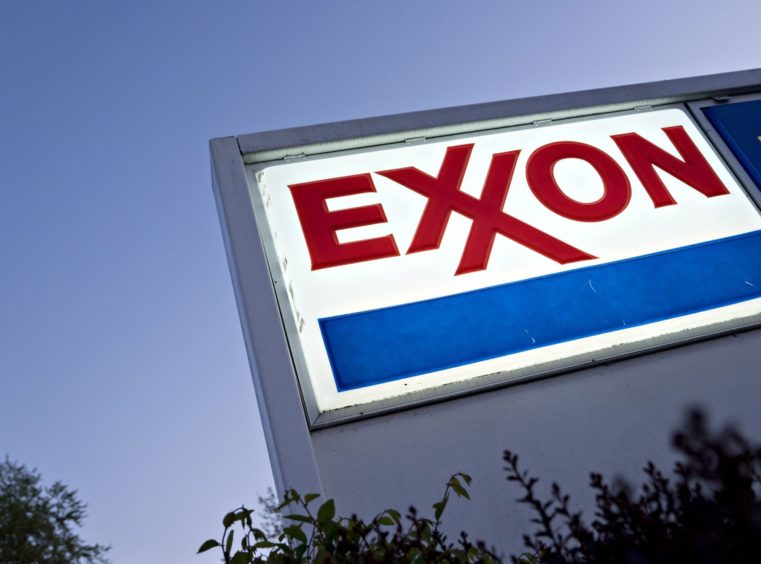
Exxon Mobil posted its strongest-ever start to a year as oil production soars from new wells in the US and off the coast of South America.
Net income more than doubled from a year earlier to $11.4 billion, the highest first-quarter profit in the oil giant’s 140-year history. Adjusted earnings of $2.83 a share were 20 cents higher than the Bloomberg Consensus.
Exxon said its net debt-to-capital ratio shrank to 4% at the end of the period, thanks in large part to a cash pile of almost $33 billion. The company has sought to enrich investors via dividends and share buybacks, and Exxon is the best-performing energy stock in the S&P 500 Index this year.
The unexpected results were “really all about us increasing our production volumes significantly,” Chief Financial Officer Kathy Mikells said during an interview. Output off the coast of Guyana and in the US Permian Basin rose 40% on a combined basis from a year earlier, she noted.
Production growth in those two regions was so strong that it more than offset the negative impacts of asset sales and Russia’s expropriation of the landmark Sakhalin-1 development. Net output increased by the equivalent of 160,000 barrels of a day compared with a year earlier, she said.
Exxon’s quarterly profits have exceeded $10 billion for four consecutive quarters, a streak not seen since the era of $145-a-barrel crude in 2008.
Flush with cash and with its trading near a record high, speculation is rife that Exxon may be gearing up for a big acquisition. The Wall Street Journal reported that Exxon held early-stage talks with Pioneer Natural Resources Co. earlier this month.
While both companies declined to comment on the rumors, analysts pointed out that the deal makes strategic sense and would make Exxon far and away the largest producer in the US Permian Basin, one of management’s highest-priority targets globally.
Chief Executive Officer Darren Woods signaled his interest in making shale as well as so-called low-carbon acquisitions earlier this year, but cautioned that it’s “difficult to go in and buy at the top of a commodity cycle.”
During a conference call scheduled to begin at 8:30 a.m. New York time, analysts are expected to ask about the company’s appetite for dealmaking, and how it will deploy cash. Even with oil prices down about 25% in the past year, Exxon is generating considerably more cash than it’s spending on capital projects, buybacks and dividends.
Recommended for you
